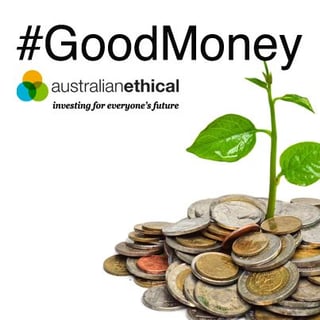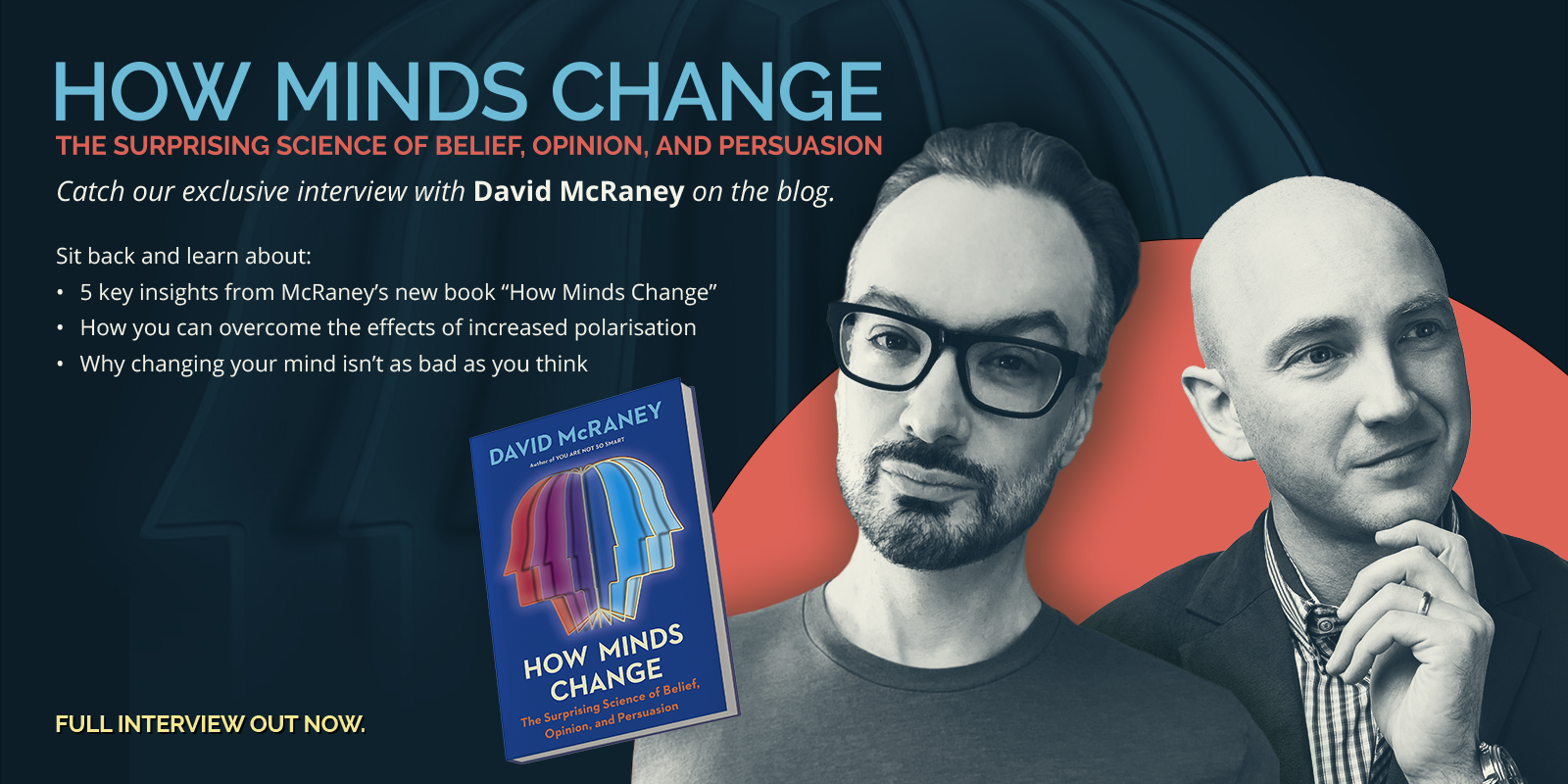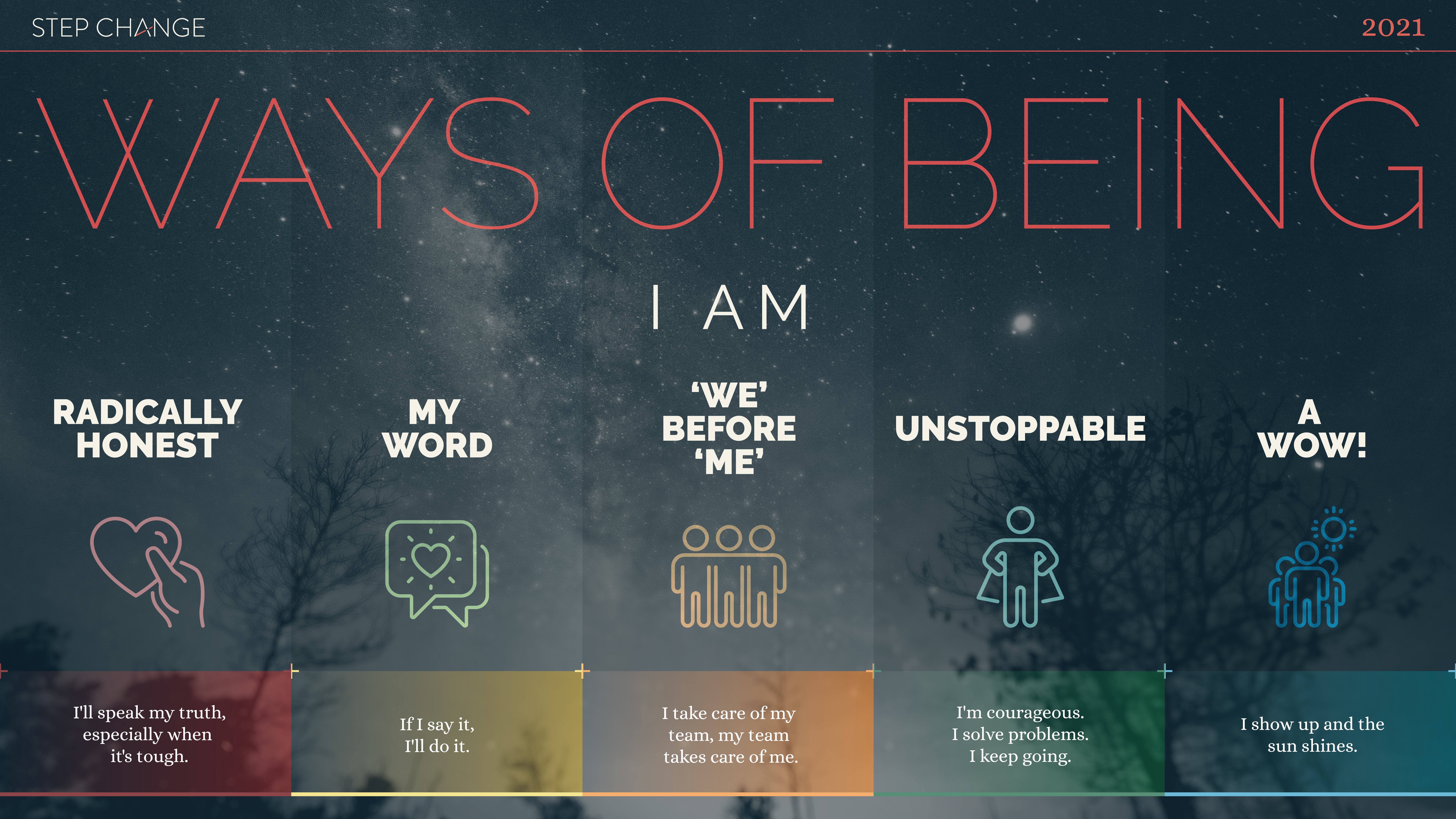The world has embraced the truth about how finite our natural resources are. In the real-estate world, professionals from architects to engineers to property managers know that there’s a huge opportunity for businesses to address this concern.
Last week, on a panel with Bayleys in Auckland launching the “Green Is Good” initiative, an in-depth research paper that shows green-rated buildings actually work, I realised that I’m truly a self-professed cathedral builder — the idea that I am part of laying the foundations of a cathedral I will never walk through or laying the first foundations of a bridge I will never walk across. As a millennial, I am totally okay with that because I know that it takes time to create change.
As a passionate millennial and a business strategist, I spoke last week about the three major economic imperatives why green is not only good but here to stay.
1. Consumer Demand Is on the Rise
Consumers are on a mission to be socially and environmentally responsible citizens of the world, and they are expecting their favourite brands to do the same. Millennials are a rapidly growing consumer population and source of talent for companies. By 2030, they will become 75% of our workforce. According to Deloitte reports, they are more values-aligned and eco-conscious and they believe they are also accountable for the future of the environment.
Moreover, here are equally important, thought-provoking statistics from various global studies about millennials.
- 66% of millennial respondents say they’re happy to pay extra for products and services from brands that are committed to positive social and environmental impact
- More than 9 in 10 millennials would be willing to switch to brands that are associated with a cause
- Half of the millennials surveyed preferred to work for a company with ethical practices
- 82% want to work for values-aligned employers
- Their top business priority is to improve society
Bear in mind that within the next three decades, over $30 trillion dollars will change intergenerational hands, which means future investors will be millennials who will want to invest with their values.
Looking at this from a real-estate perspective, it’s clear that green buildings are the future for corporate tenants, and therefore it’s imperative that investors and developers pre-empt this demand.
2. Doing Good for the Environment Is Good for Business
There is a wealth of evidence today that proves that companies who take sustainability and environmental responsibility into the core of their business are standing out and outperforming their competitors.
Have a look at two of the nine global Green Giants that were able to transform sustainability into billions of dollars in annual revenue.
Unilever. This purpose-driven company is well on its way to deliver on its mission to double the sales, reduce environmental impact to half, and spread their positive social impact. Their strategy? They source their entire agricultural feedstocks from sustainable agriculture and boost the lives of more than a billion people.
Nike. By 2020, Nike’s goal is to have zero waste from contracted shoe manufacturing sent to landfill. The company’s Flyknit shoe is perhaps their most profitable and sustainably produced product of all time. It uses a technology that weaves the sports shoes together instead of piecing together multiple cuts. The result? Maximum performance guaranteed, a decrease of Nike’s environmental footprint by 3.5 million pounds of waste, and an estimated revenue of $1 billion in FY 2014.
To bring this into a local context, have a look at one of our clients here at Step Change. Investment management company Australian Ethical offers a positive, ethical approach to super annuation.

Photo source Pinterest
After a business intensive with us, they were able to clearly define their purpose as a business: “making money do good”. We helped establish their unique value proposition to their clients and much more. Today they help over 30,000 Australians invest in ethical and socially responsible businesses.
3. Green Buildings Improve Staff Performance
A recent Harvard study reveals that staff who work in high-performing, green-certified buildings scored 26% higher on cognitive function tests and had 6% higher sleep quality scores compared to staff who work in ordinary buildings. What do all these suggest? Buildings have a high impact on employees.
If we take this into account when calculating the return on investment and when we consider that 90% of the costs associated with a building are people’s salaries, then this fact should be a major driver for businesses to move into green buildings.
Conclusion
In summary, we shouldn’t only be focusing on green because it’s the right thing to do — but because of increased consumer demand, doing good for the environment is good for business, and long-term increased staff performance benefits, it just makes logical sense that we do.
 Nikki Gravning is the New Zealand General Manager for Step Change. As a marketing strategist, she’s worked with startups and large-scale LVMH brands and soon thereafter became a managing director and shareholder in an award-winning boutique marketing agency in London. A passionate advocate for business as a force for good, Nikki now focuses on helping businesses find their purpose and leveraging it for growth. She has helped expand the purpose-driven business community in Australia and has facilitated collaborations between like-minded ethical businesses.
Nikki Gravning is the New Zealand General Manager for Step Change. As a marketing strategist, she’s worked with startups and large-scale LVMH brands and soon thereafter became a managing director and shareholder in an award-winning boutique marketing agency in London. A passionate advocate for business as a force for good, Nikki now focuses on helping businesses find their purpose and leveraging it for growth. She has helped expand the purpose-driven business community in Australia and has facilitated collaborations between like-minded ethical businesses.















